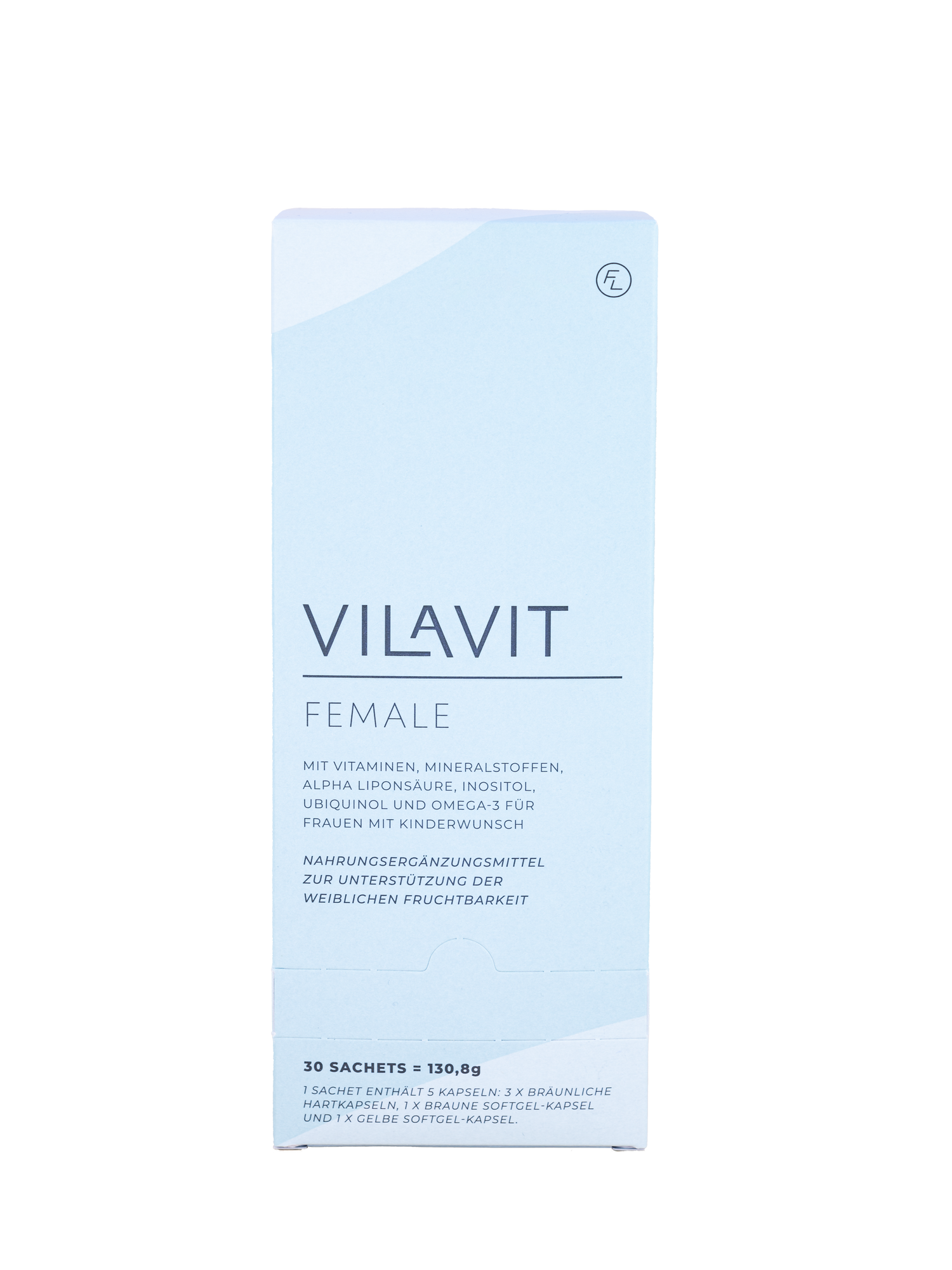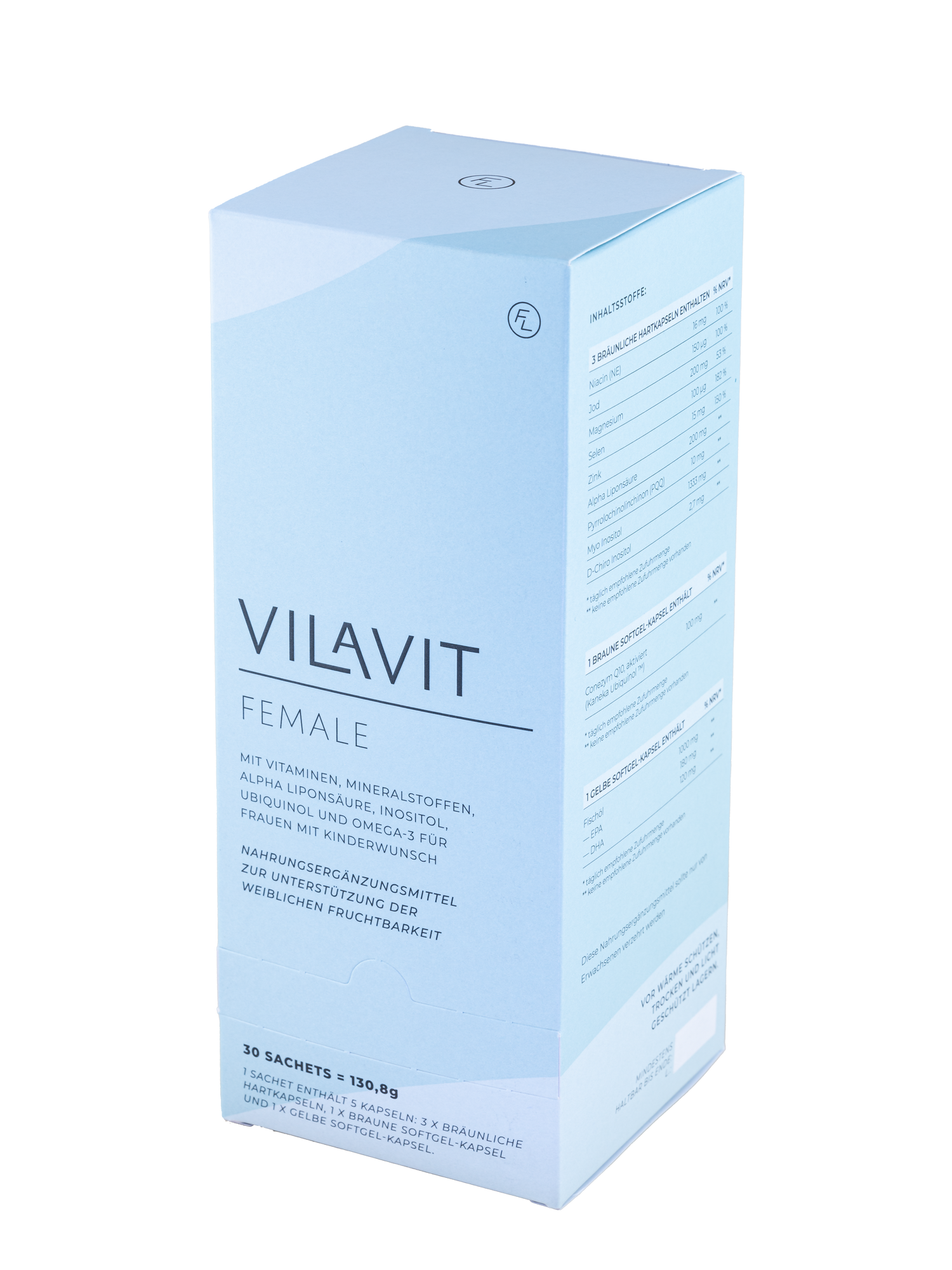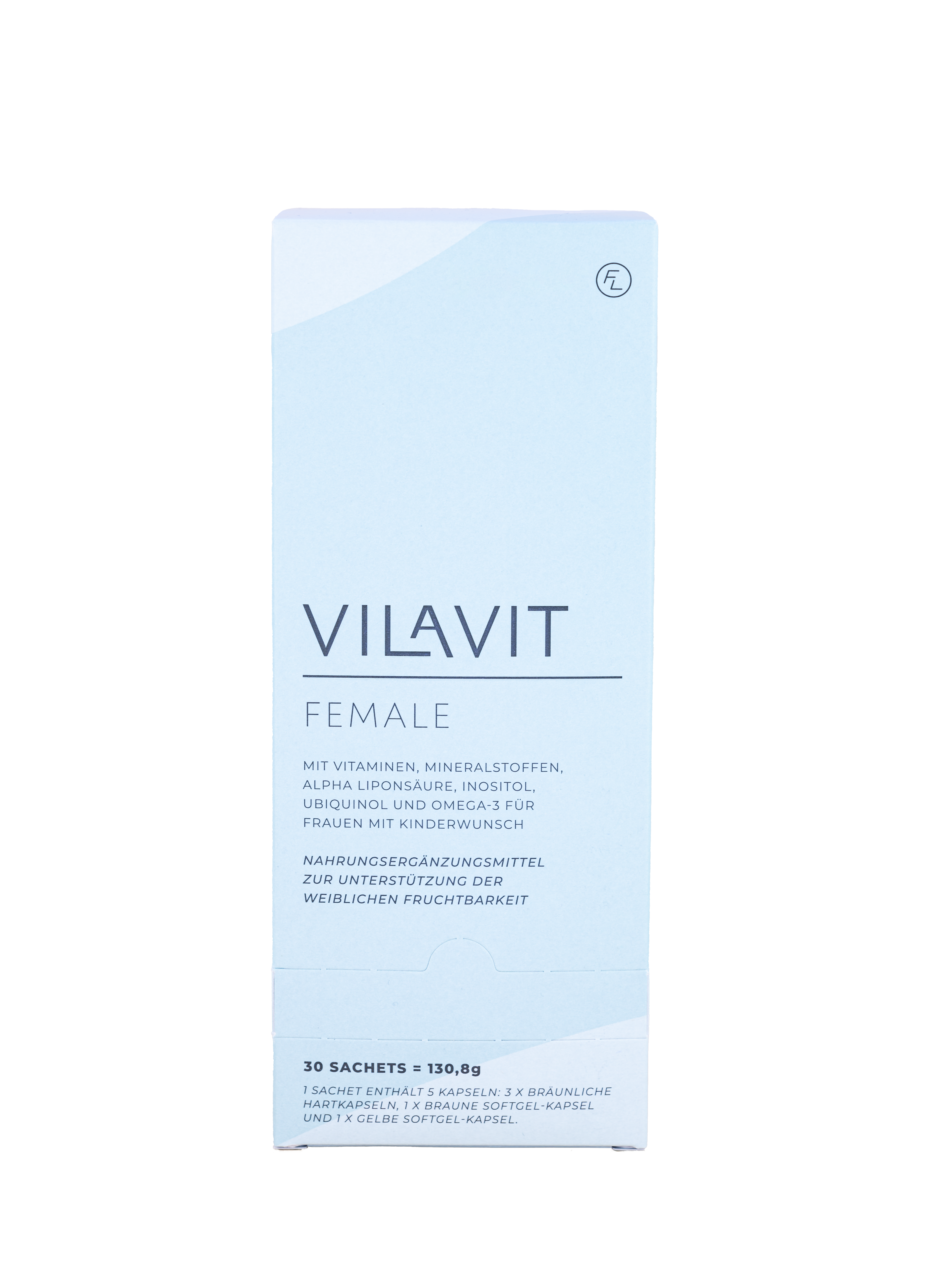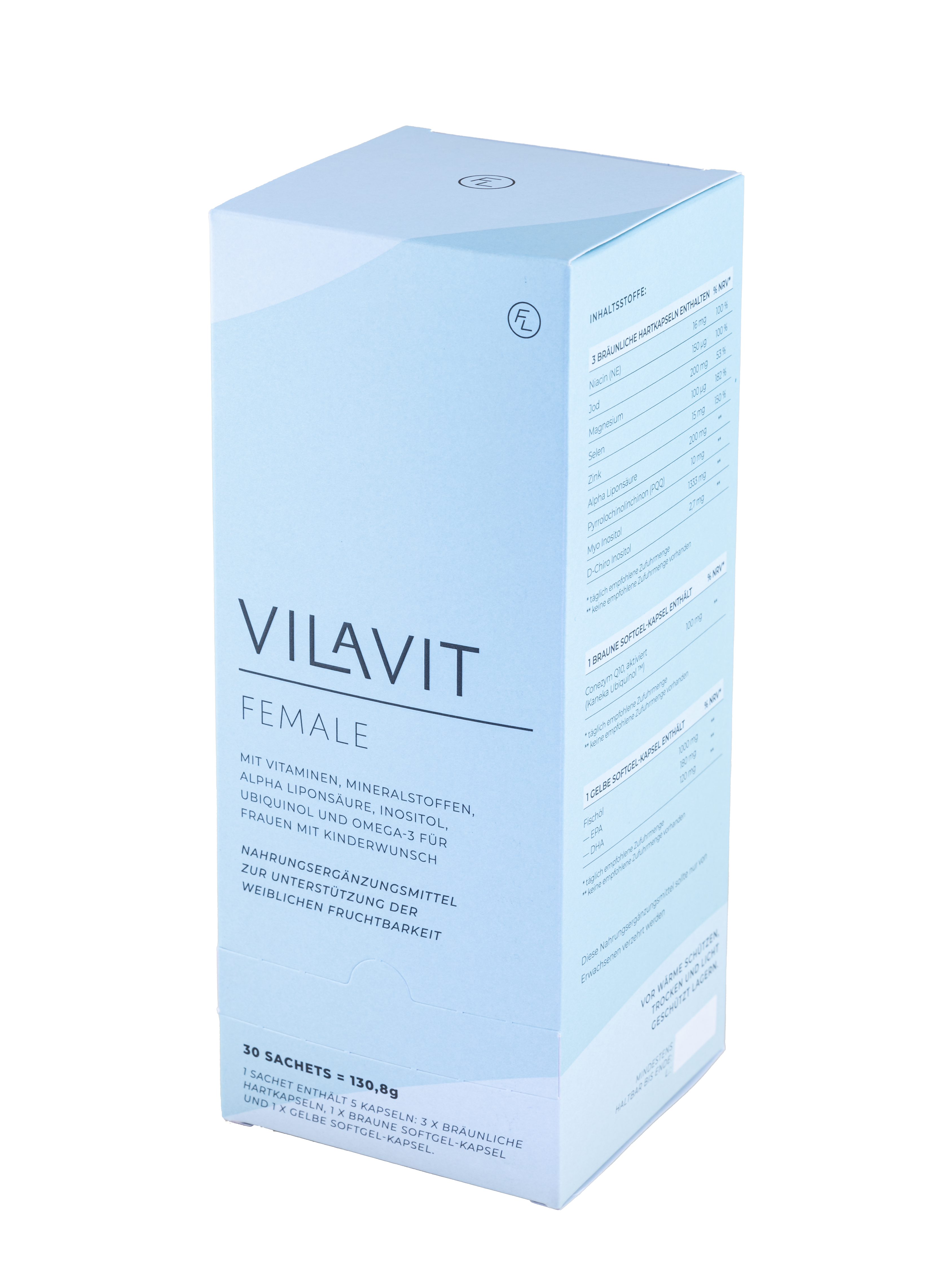In-Vitro Fertilization (IVF): Definition, Process & Success Rates
In-Vitro Fertilization (IVF) is a well-known assisted reproductive technology employed in fertility clinics to assist couples or single women in achieving pregnancy. During IVF, eggs are retrieved through follicular puncture, fertilized with sperm in a laboratory, and subsequently implanted into the woman's uterus to facilitate pregnancy.
When is IVF Necessary?
IVF may be necessary due to various factors, including female causes such as low ovarian reserve, advanced age, hormonal issues, uterine changes, and tubal abnormalities. Male causes encompass sperm-related issues like low concentration, slow or immobile sperm, abnormal sperm morphology, and extremely low sperm concentration.
IVF Process: From Ovarian Stimulation to Pregnancy Test
- Ovarian Stimulation: Hormonal medications stimulate the production of multiple eggs.
- Follicular Puncture: Fluid containing eggs is aspirated during a procedure lasting about 20 minutes.
- Sperm Retrieval and Preparation: Male sperm is typically obtained through ejaculation, but in some cases, a biopsy or aspiration may be necessary.
- Fertilization: Extracted eggs are fertilized with the male's sperm in a petri dish.
- Embryo Cultivation: Fertilized eggs develop into embryos in the laboratory.
- Embryo Transfer: High-quality embryos are transferred into the woman's uterus for implantation.
- Pregnancy Test: A pregnancy test, measuring the Beta-hCG hormone produced after successful implantation, can be conducted approximately 14 days after follicular puncture.
IVF Success Rates of 20-30%
Success rates vary based on the woman's age, with pregnancy rates ranging from 20-30% per cycle.
How can I prepare for IVF?
- Inform yourself: A comprehensive understanding of the process and various treatment options enables you to actively participate in decisions about the treatment process.
- Balanced nutrition: Your diet can have a positive impact on egg quality. According to the Fertility Diet, it is important to consume nutrient-rich foods such as folic acid, omega-3 fatty acids, antioxidants, and iron to promote reproductive health. Additionally, attention should be given to the consumption of healthy proteins, whole grains, fruits, and vegetables.
- Active lifestyle: Regular exercise can stimulate blood circulation, reduce stress, regulate hormone levels, and release endorphins that help cope with the stress of IVF.
- Adequate sleep: A healthy sleep routine is important for the hormonal balance of women and sperm maturation in men.
- Pimp my Eggs and Pimp my Sperm: Micronutrients improve female and male fertility. Find out how you can optimize your egg and sperm quality in advance of the procedure.
- Stress reduction: Try to avoid stress and practice relaxation techniques such as meditation or yoga.















